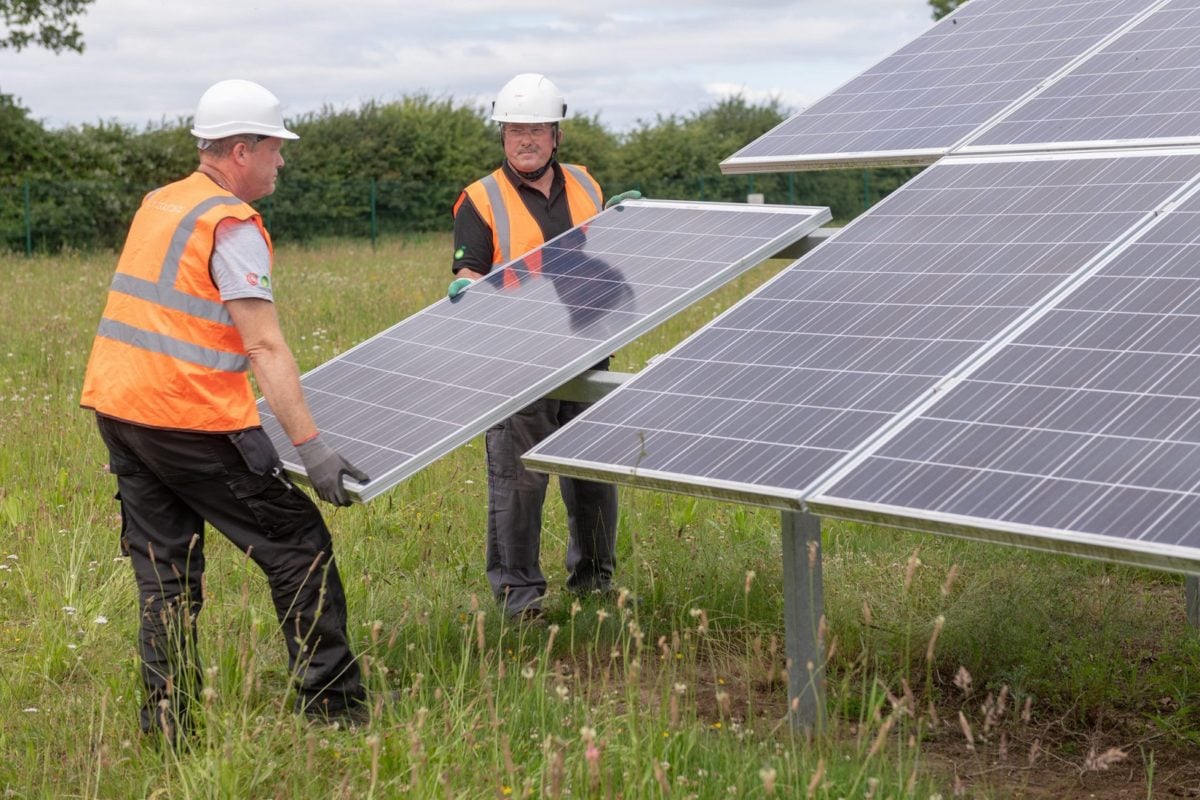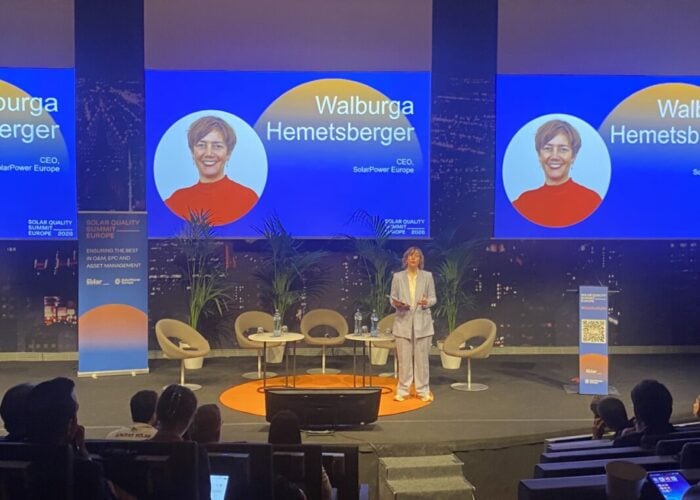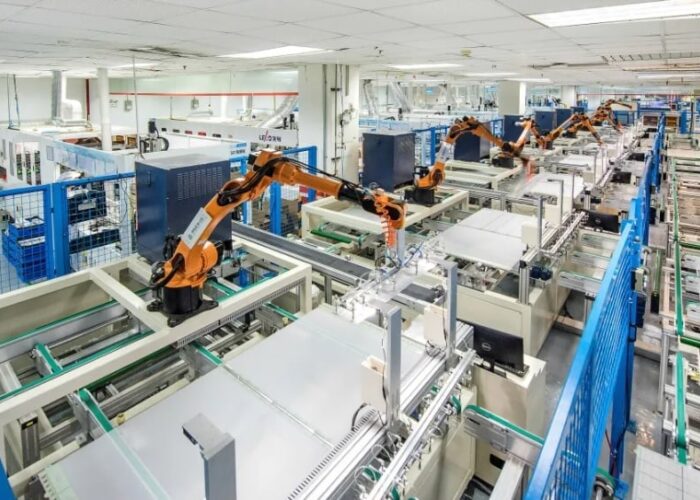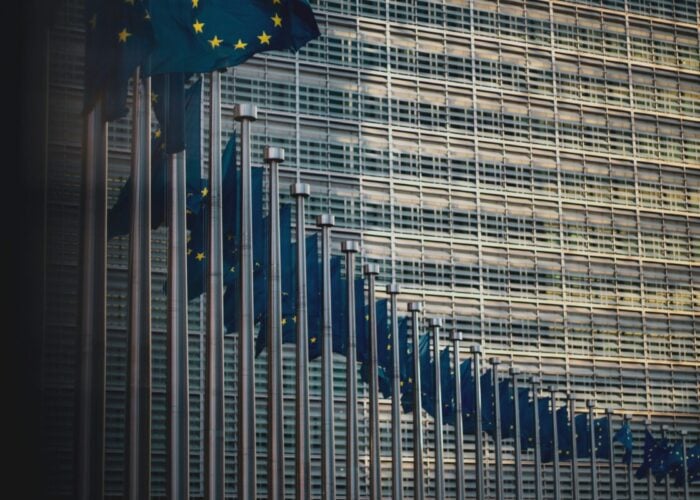
As the European Union forges ahead with its green recovery and looks to meet new emissions reduction targets, member states should ensure they convey the benefits of solar power to citizens while also building partnerships with industry.
That was the conclusion from a panel exploring the role solar will play in overcoming the current pandemic and helping the bloc reach its climate goals during this week’s SolarPower Summit.
Try Premium for just $1
- Full premium access for the first month at only $1
- Converts to an annual rate after 30 days unless cancelled
- Cancel anytime during the trial period
Premium Benefits
- Expert industry analysis and interviews
- Digital access to PV Tech Power journal
- Exclusive event discounts
Or get the full Premium subscription right away
Or continue reading this article for free
Renewables were singled out as one of four strategic pillars of the union's post-COVID economy when the next ‘Next Generation EU’ roadmap was presented in May. The plan aims to ensure the recovery is “sustainable, inclusive and fair” for all member states, which will be will be able to draw on a €750 billion (US$ 887.48 billion) fund and the EU's next long-term budget to make investments towards a circular economy while boosting employment.
Rana Adib, executive director of think tank REN21, called for a more transparent and inclusive dialogue from governments to communicate the economic benefits of the energy transition. She noted that while support for renewables generally exists among the public, there is often resistance at local level to new transmission lines and projects.
Adib said it is important to raise the awareness of job creation in discussions with citizens and ensure they benefit economically. “I think this is where community energy plays a key role and solar PV clearly has a very great advantage compared to other renewable energies to be local and that it can contribute to local jobs.”
The job creation potential of the green energy sector is revealed in a new report from the International Renewable Energy Agency which suggests that spending US$1 million on renewables creates 7.49 full-time equivalent jobs, almost triple the amount from the same investment in fossil fuels. The report says that jobs in renewable energy reached 11.5 million globally in 2019, led by solar PV with 3.8 million jobs, a third of the total.
Backed by these employment figures as well as the cheap cost of developing solar and wind, the political will exists to push forward with Europe’s energy transition, the panel noted. However, a predictable policy framework is needed to get the continent’s industry on board and encourage additional investment, according to Cristian Bușoi, chairman of the European Parliament’s committee on industry, research and energy.
“We need to build partnerships with industry, with companies, because they have the practical expertise, they know the situation, they know what is feasible or not,” he said. “We should not forget the fact that in the end, the industries are those which are providing jobs, which are providing taxes.”
As well as international diplomacy to convince other global players to go in the same direction as the EU, Bușoi said that the green recovery needs to be fair for all citizens and reasonable for all member states, adding that “no region should be left behind”.
Increased collaboration between European countries can be expected following the announcement earlier this month of a new mechanism that enables member states to invest in green energy projects abroad. While energy generated will count towards the targets of both hosting and contributing states, it is hoped the initiative will provide a boost for countries that struggling to meet their climate targets.
One country already using fresh EU funding to bolster its renewable energy sector is Lithuania, which is investing more than €100 million from the Recovery and Resilience Facility on solar projects.
With the country spending more than four times the amount than previously expected on solar during 2020, energy minister Žygimantas Vaičiūnas said he views the technology as a “resilience instrument” to help grow economies post-COVID.





